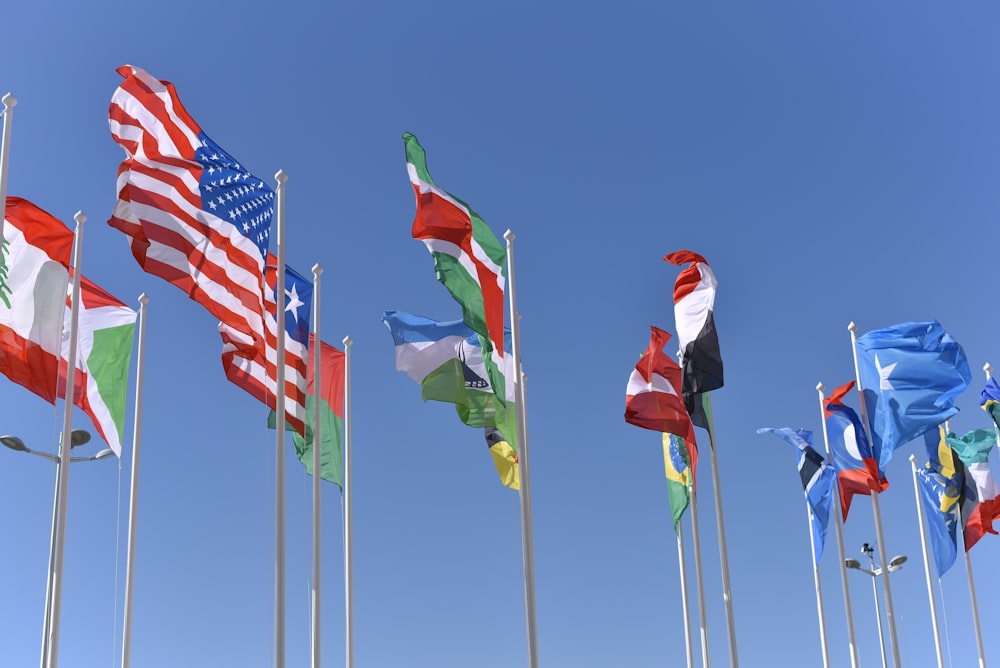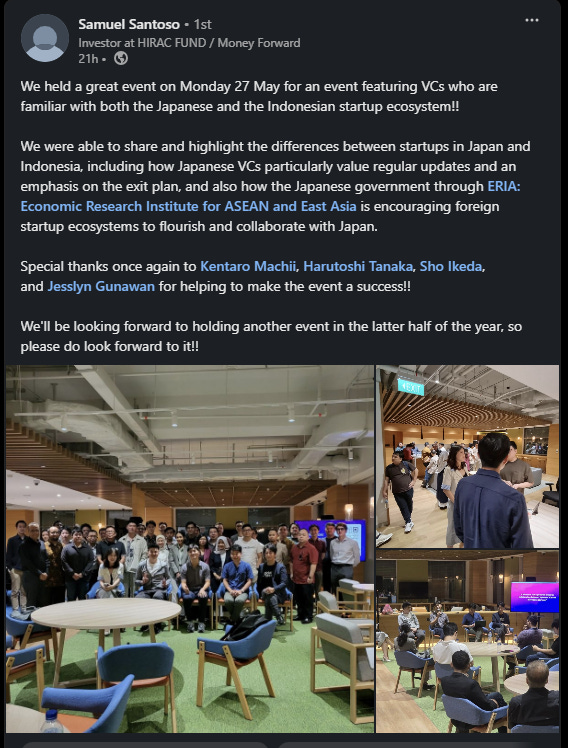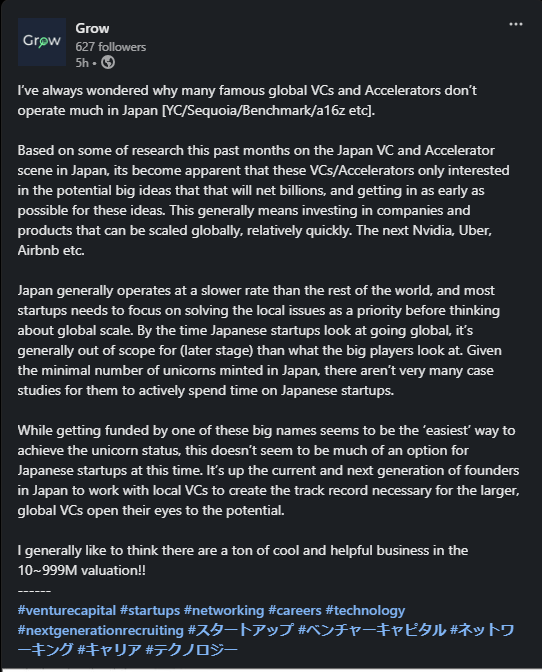Gambling for cash is sorta, kinda not legal in Japan - other than some limited categories of sports betting - so it might come as a surprise that Japan’s pachinko industry generates more gambling revenue than Las Vegas, Macau, and Singapore combined - more than $200B USD/year in 2018.
As those in the know, know, pachinko is a mechanical arcade game resembling a vertical pinball machine, usually placed in neat rows in a cacophonous kaleidoscope of colors and sounds. Visiting one is quite the experience - the first time I stepped into one in Osaka, I was hit by a wall of sound that prompted a hasty retreat back into the shopping arcade.
At its peak in 1994, the pachinko market was valued at about ¥30 trillion ($280 billion) with total sales and revenue reaching a mind-boggling 5.6% of Japan’s ¥500 trillion GDP while employing over 330,000 people. It’s also been a bona fide cultural phenomenon - even in the West, where its fascinating social and historical context has spawned a critically acclaimed NYT bestseller and Apple+ TV series.
However, despite still bringing in trillions of yen, it is an industry in rapid decline - the number of pachinko parlors fell by 9.3% in a single year to 7,655 in 2023, a far cry from the 18,000 in the 1990s.
So what’s the future of degeneracy in Japan? Based on regulatory and legal changes in 2018 allowing casino games at officially approved establishments, regulators approved a plan to build Japan’s first casino resort in Osaka representing ¥1.08 trillion of investment by MGM Resorts International and Orix Corp.
Meanwhile, e-sports tournaments with official cash prizes for winners - previously banned in the previous iteration of the law - were also legalized with the 2018 legal revision, allowing for Japanese gamers to join the competitive scene in earnest.
In any case, onto the news of the week!
The Headlines
Japan tackles unfair startup contracts to foster more unicorns (Nikkei Asia Review)
Saudi ETF set to list in Japan under expected deal (Nikkei)
Coral Capital Raises 25B JPY Fund IV (Nikkei/Bloomberg)
Monument Group: Foreign LPs Target Japan for Asia Pacific Market (Deal Street)
Deep Dives
Japan tackles unfair startup contracts to foster more unicorns
The Japanese government is aiming to create a more favorable environment for startups to become billion-dollar unicorns by providing standardized contracts to ensure fair terms with larger enterprises. Recognizing that small businesses in fields like AI, semiconductors, and medical care often remain subcontractors under unfavorable terms, METI plans to introduce free standardized contracts to level the playing field.
METI will launch an expert panel in June, including lawyers, corporate executives, and academics, to finalize standardized contract content by year-end, covering product rights and fair compensation.
The standardized contracts will protect startups from large companies unfairly taking over product rights during upgrades or joint developments.
Japan's five-year startup development plan promotes "open innovation," encouraging collaboration between startups and large corporations.
Despite startup investments reaching 850 billion yen ($5.4 billion) in 2023, Japan lags with only seven unicorns compared to 656 in the U.S. and 168 in China, highlighting the need for supportive measures.
Saudi ETF set to list in Japan under expected deal
Japan and Saudi Arabia are expected to finalize an agreement to list an exchange-traded fund (ETF) tracking Saudi stocks on the Tokyo Stock Exchange, marking the first such listing. This deal is part of broader cooperation agreements during Saudi Crown Prince Mohammed bin Salman's visit to Japan, where he will meet with Japanese Prime Minister Fumio Kishida.
Simultaneously, SBI Holdings launched a $100M Fund for Saudi Arabian startups in partnership with BIM Ventures.
The ETF deal involves Japan's SBI Holdings, Saudi Arabia's Public Investment Fund, and National Technology Group, aiming to attract Japanese investors to Saudi companies.
The ETF listing in Tokyo will offer Japanese investors indirect access to Saudi shares, as foreign ownership in Saudi stocks is currently restricted.
In addition to the ETF, SBI will help develop a retail market for sukuk Islamic bonds in Saudi Arabia and collaborate on decarbonization projects with Saudi Aramco.
The visit will also see agreements in various sectors, including railroad infrastructure, healthcare, sports, and the content industry, as well as cooperation on decarbonization and mineral resource mining projects.
Coral Capital Raises 25B JPY Fund IV
Coral Capital has launched Coral Capital IV, a JPY 25 billion fund aimed at building legendary companies in Japan, exceeding its JPY 20 billion target in just three months. This fund, supported by both domestic and international investors, allows investments ranging from JPY 50 million to JPY 3 billion from Seed to Series C stages, bringing the firm's total assets under management to approximately JPY 60 billion.
Coral Capital has invested in over 100 companies, including notable ones like SmartHR, Kakehashi, and Kyoto Fusioneering, focusing on three pillars: Capital, Talent, and Insights.
The firm emphasizes a "hands-if" investment approach, providing support when needed while allowing founders the freedom to build their companies independently.
New features of Fund IV include a longer fund life of 14 years and the ability to invest across funds, ensuring continuous support for promising companies from previous funds.
Here’s a video from the team about the new fund launch and portfolio company support services.
Monument Group: Foreign LPs Target Japan for Asia Pacific Market
Japan is emerging as a significant private equity (PE) destination in the Asia-Pacific region due to China-US geopolitical tensions. Investors are adjusting their strategies, lowering minimum commitments to invest in Japan's small but promising PE market. Monument Group notes that Japan's PE market saw growth in 2023, driven by buyouts, despite limited IPO options. This shift is attracting international capital as investors reassess their allocations away from China.
Investors are lowering minimum commitments to enter the Japanese market, with average fund sizes under $300 million.
Quality local managers in Japan attract over a third of their capital from international investors, highlighting the market's growing appeal.
Limited IPO options in Japan present a challenge, but improving public listing opportunities could further enhance the market's attractiveness.
Geopolitical uncertainties are driving investors to reassess their China allocations, boosting Japan's appeal as a stable alternative in the region.
Word on the Street
Fundraising Highlights
Polygots, a startup that provides English learning apps, raised an undisclosed Series D round from the Benesse Corporation
IVRy, a service that allows you to easily create automatic telephone responses, raised a ¥3B JPY (~$19.1M USD) Series C round led by the All-Star SaaS Fund and participated by Bricks Fund, SMBC Venture Capital, Femto, and Boost Capital
Linkwiz, a startup that specializes in the automation of industrial robots using advanced 3D shape processing engines, raised a ¥250M JPY (~$1.6M USD) Series C round led by Marubeni Ventures and participated by Shijo No. 8 Investment Limited Partnership
Mov, a SaaS software for stores to manage review sites in one place and analyze user feedback, raised a ¥1.5B JPY (~$9.6M USD) Series B round led by Coral Capital and participated by KDDI, NTT Docomo Ventures, SMBC Venture Capital, i-nest capital, Chiba Dojo, and Rakuten Capital
PocketRD, a startup that provides a fully automated 3D avatar production, raised a ¥140M JPY (~$0.9M USD) Series A round from BS Asahi, and Global Catalyst Partners Japan
AWL, A startup from Hokkaido University that turns g existing security cameras into AI-based cameras, raised an undisclosed Series B round from the Japan Finance Corporation
More Food for Thought
Some additional reads from the week -
An open invitation to Japan's VCs and CVCs (Shizen Capital/Mark Bivens)
How VCs drive (and murder) global startup ambition in Japan (Disrupting Japan)
Japan startup to seek approval for iPS cell therapy in global first (Nikkei Asia Review)
Japan's MUFG sets $10bn profit target in fresh 3-year plan (Nikkei Asia Review)
Recently delisted Toshiba to cut 4,000 jobs in restructuring drive (Nikkei)
Japan’s Rich Will Invest $1.4 Trillion More by 2030, Report Says (Bloomberg)
Japan Eager to Strengthen Cooperation with Global South (Nippon)
Notes from the Team
Thanks for reading and hope to see you around around the sidewalks of Tokyo!
Have a question or any feedback? Let us know!
Jeremy (Investor @ GHOVC) / Kenneth (Product @ Moon Creative Lab)










